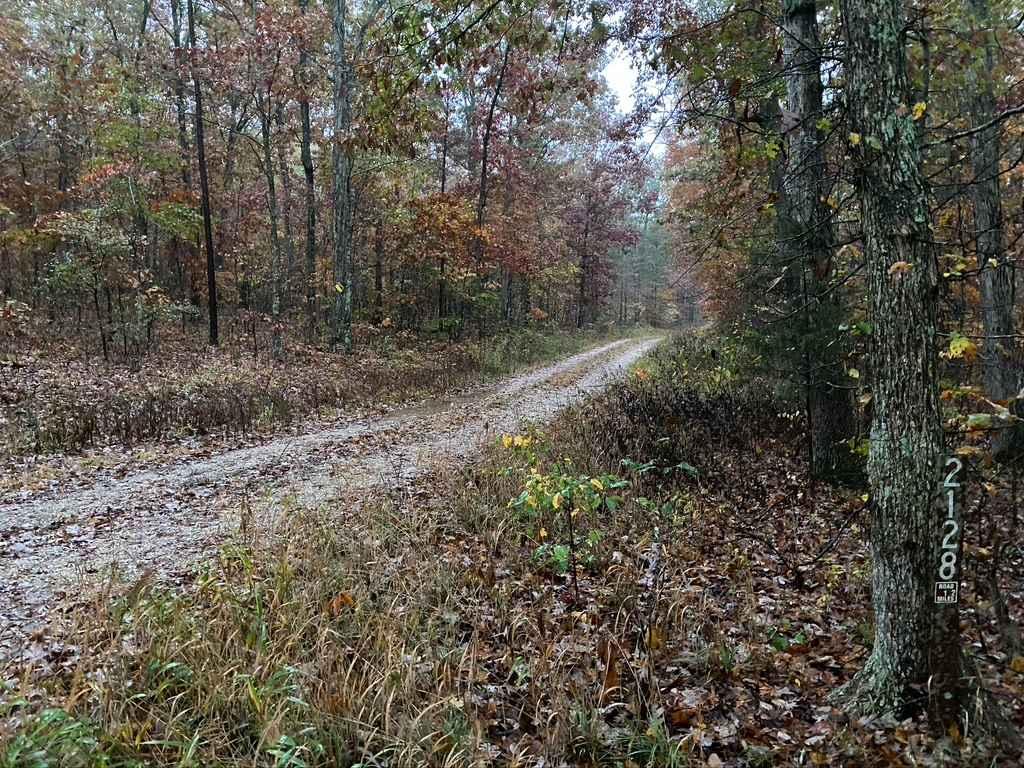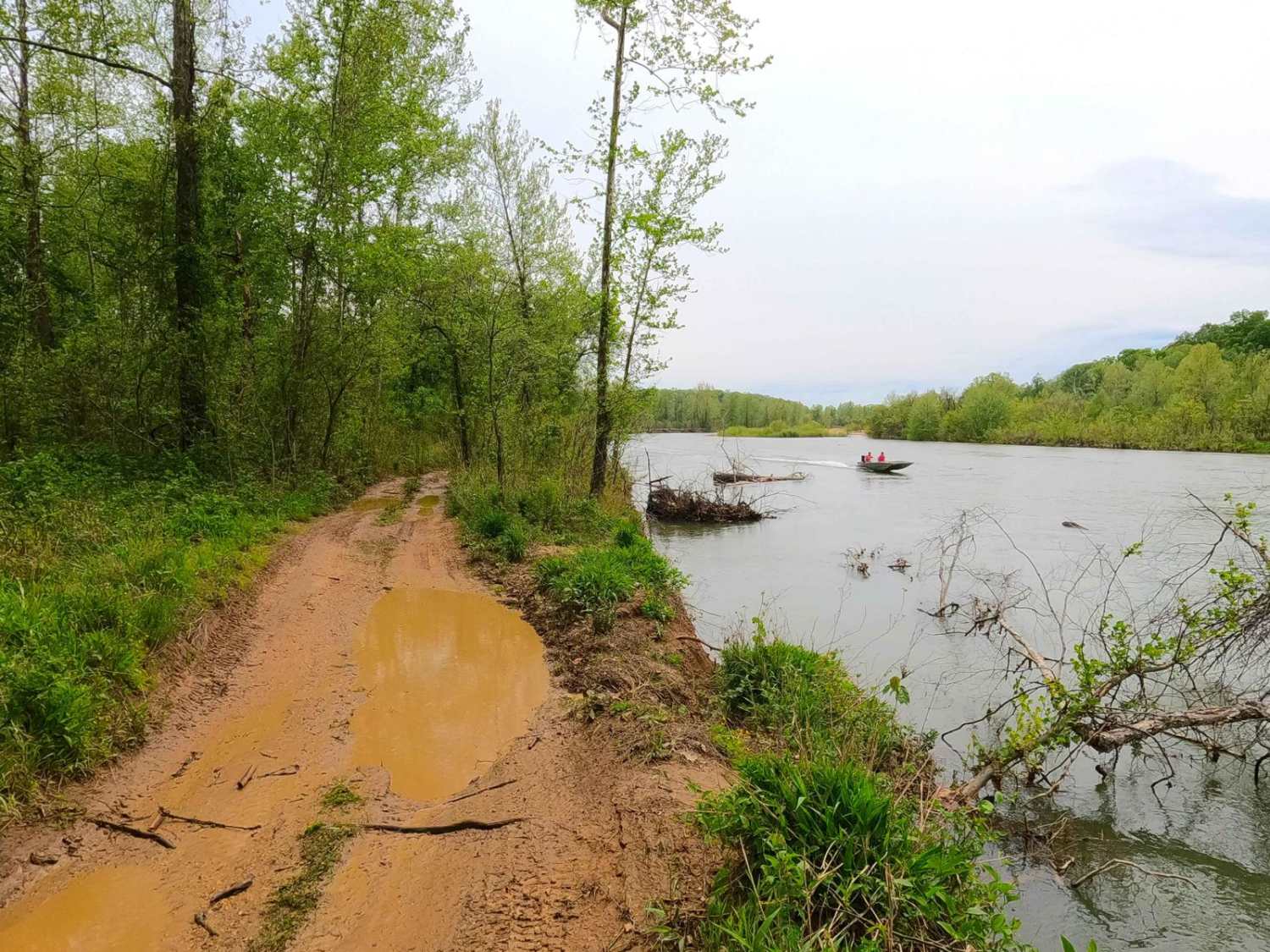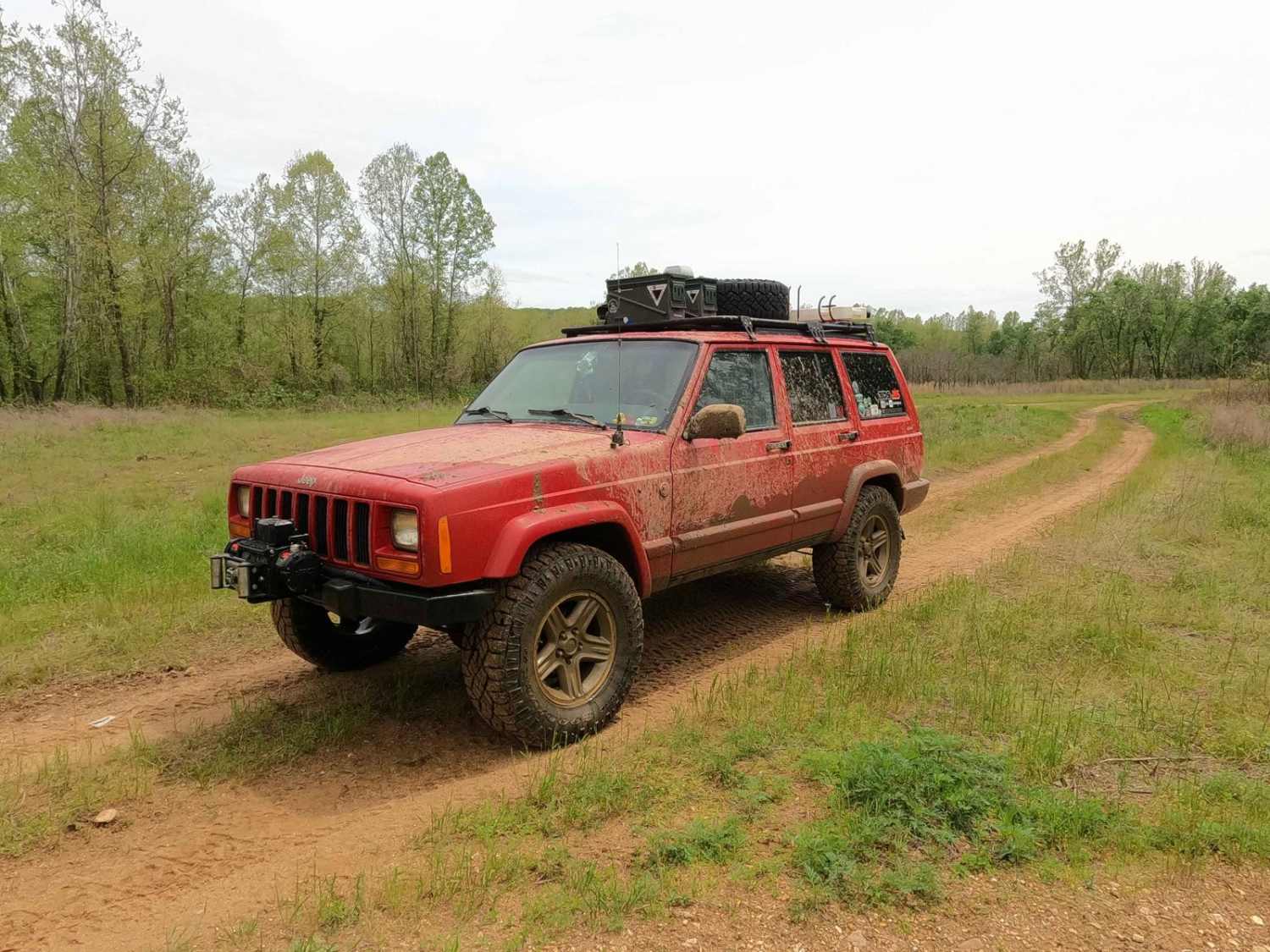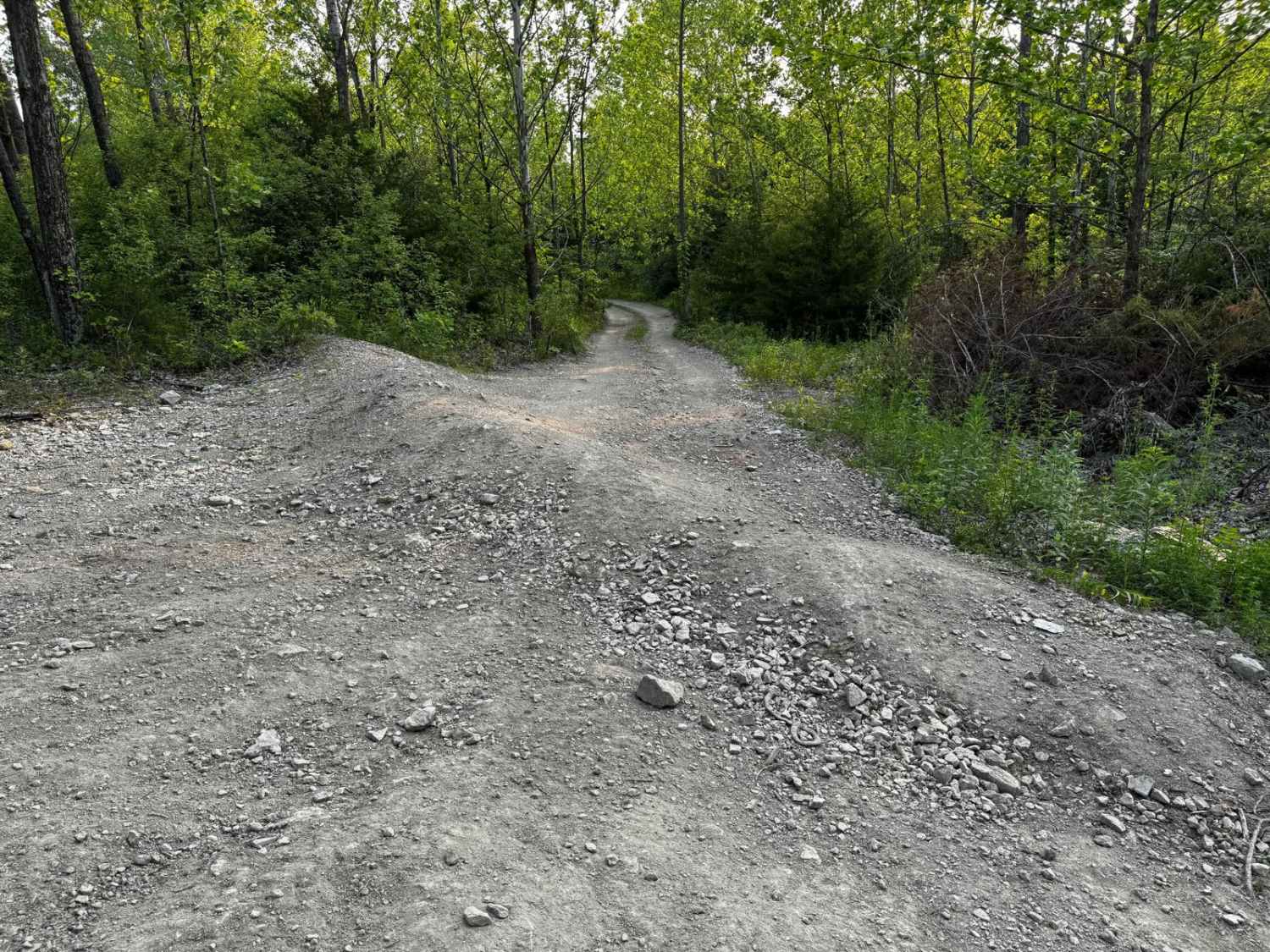North Riverside
Total Miles
1.1
Technical Rating
Best Time
Spring, Summer, Fall, Winter
Trail Type
Full-Width Road
Accessible By
Trail Overview
North Riverside Trail is a natural dirt, mud, sand, and small rock trail through the center portion of the Black River Bottoms area within the Clearwater Lake U.S. Army Corps of Engineer Land. The name "North Riverside Trail" is due to the proximity to the Black River being within feet of the water--in several places, within inches, as the trail's west edge is the shoreline and water. Tracking most of its ride within sight of the water, it is likely to see jet boats going by only feet away. With this proximity to the river comes the great influence of water, yielding the biggest obstacles, deep mudholes, and water collection holes galore, with rocky gravel bars and tight treeline sections to add diversity. Unlike the South Riverside, the North Riverside is a point-to-point route, going from the intersection with the Central Bluffs and Whizenhunt Bottoms trails at the northern endpoint, passing the central riverside connector mid-track, and ultimately ending at the southern endpoint at the intersection with the South Riverside and Well Hollow trails. The rule of thumb of the area as a whole is on full display here: don't drive in the direct Black River water, follow the green and red markers the Corps puts out, and it will show the sanctioned path along the river. Only cross water at the obvious and sanctioned points; don't create new or modify trails and watch for major flash flooding in the area. If the trail is flooding, don't enter the water as the terrain, edge of the river, and depth would become unpredictable. The North Riverside is the most water-focused stretch of the Riverside Depths of Black River Bottoms, a network of trails that will test a driver's discernment and the rig's capabilities in mud, muck, and silty sand amongst the riverside wetlands.
Photos of North Riverside
Difficulty
The North Riverside is given a 5/10 base rating, due to the featured 2-foot-deep plus mudholes and water collection holes, some being hard-bottomed and some being soft. Momentum is key, but due to the tight treelines, is in short supply and must be used in a calculated way so as not to fall into the river or run into trailside trees, roots, or water pools. Other terrain includes loose coarse rock and sand collection spots at the gravel bars sections of the trail. In heavier rains and flooding, the river unpacks and rearranges the gravel bars to have newly formed sudden mounds, dips, and dives up to a foot tall or deeper, with the potential of taller dune-like creek gravel mounds to crawl over. Just enough momentum is key to keep moving forward. There is also the potential for flash flooding. For reference, the trail should be still completely open when the Annapolis water level gauge is reading at under 6 feet. With a flash flood event, the river can increase several feet in minutes, putting water over the trail and yielding extreme rating changes. If water is over the trail, it is best to consider it closed as it would be unpredictable. Be prepared ahead of time and look up the Annapolis Black River water level gauge. For reference and forecast, 6 feet and up on this gauge is in the Flood Stage. Simply put, the difficulty does fluctuate significantly in wet seasons and heavy rain, and only in severely dry seasons would the trail ever see a drop in difficulty, with the holes lacking water, yet still being soft below the surface due to proximity to the river.
History
The history surrounding the bottoms is one of fighting for public access. This is an example where the presence and public use of Reynolds County Roads 464, 462, 460, 458, 456, 446A, and more have been the driving force keeping these trails open. Locals refuse to let their historic roads be taken away, yielding a place we all can enjoy and use. Please do your part in keeping this place alive; pack it in/pack it out, follow the green and red route markers as marked, and don't drive in the Black River or form new trails.
Status Reports
North Riverside can be accessed by the following ride types:
- High-Clearance 4x4
- SUV
- SxS (60")
- ATV (50")
- Dirt Bike
North Riverside Map
Popular Trails

Flip Flop - FS 2128

Yellow 242

LOTO Racetrack
The onX Offroad Difference
onX Offroad combines trail photos, descriptions, difficulty ratings, width restrictions, seasonality, and more in a user-friendly interface. Available on all devices, with offline access and full compatibility with CarPlay and Android Auto. Discover what you’re missing today!


